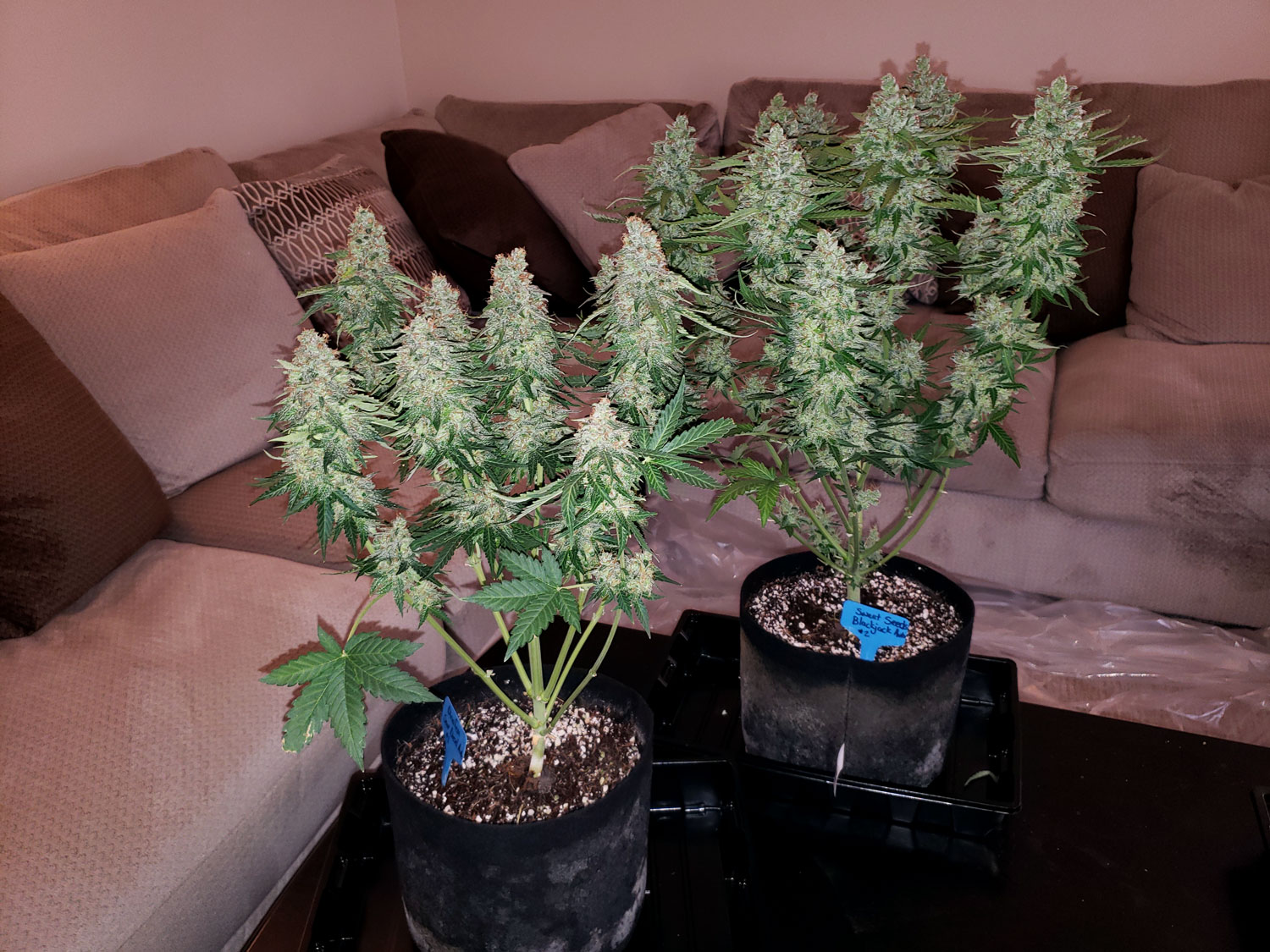In the realm of sustainable agriculture, an surprising player has emerged, bringing with it a myriad of alternatives and opportunities—the humble cannabis seed. Normally linked with leisure and medicinal use, hashish seeds are now gaining consideration for their prospective job in endorsing sustainability in agriculture. In this write-up, we’ll check out how hashish seeds can lead to sustainable farming techniques, from soil overall health to source efficiency.
Nutrient-Loaded Soil Amendment:
Hashish plants are known for their skill to prosper in a wide range of soil disorders. Their deep root techniques improve soil structure and boost aeration, which can be significantly advantageous for crops that adhere to in their footsteps. Moreover, cannabis read this article are efficient nutrient accumulators, absorbing excessive nutrients from the soil. When these crops are harvested, the nutrient-loaded leaves and stems can be returned to the soil as organic make any difference, enriching it the natural way and decreasing the want for synthetic fertilizers.
Biodiversity and Companion Planting:
In sustainable agriculture, maintaining biodiversity is crucial for ecosystem harmony. Hashish vegetation can enjoy a job in this by serving as companion vegetation. Their exclusive compounds, these as terpenes, can act as all-natural pest deterrents, defending neighboring crops from destructive insects. Integrating hashish into a varied planting plan can lead to a extra resilient and self-sustaining ecosystem, reducing the reliance on chemical pesticides.
Carbon Sequestration:
As the world grapples with the problems of weather change, the value of carbon sequestration in agriculture can not be overstated. Hashish plants are renowned for their speedy progress and substantial carbon uptake for the duration of photosynthesis. By incorporating cannabis into crop rotations, farmers can add to carbon sequestration, mitigating the impacts of greenhouse fuel emissions. This technique aligns with sustainable farming techniques aimed at developing healthier, carbon-prosperous soils.
H2o Effectiveness:
Drinking water scarcity is a pressing issue in agriculture, prompting the have to have for water-economical crops. Cannabis vegetation show a amazing skill to prosper in numerous climates with various water availability. Their deep roots help them to access h2o from deeper soil layers, lessening competition with shallower-rooted crops. By strategically integrating cannabis into farming systems, particularly in areas struggling with water problems, farmers can improve water use and boost sustainable h2o administration procedures.
Regenerative Farming Methods:
Regenerative agriculture focuses on restoring and boosting the wellness of the soil ecosystem. Cannabis, with its flexible and resilient character, can be a critical participant in regenerative farming. The cultivation of cannabis working with regenerative practices, these types of as minimum tillage and deal with cropping, can help avoid soil erosion, increase drinking water retention, and improve in general soil fertility. This holistic solution to farming aligns with the concepts of sustainability, making certain the long-time period health and fitness and productiveness of the land.
Summary:
In the evolving landscape of sustainable agriculture, hashish seeds are rising as a useful resource for farmers trying to find ground breaking and eco-helpful answers. From soil health and fitness to drinking water effectiveness, the varied characteristics of hashish crops offer you a multifaceted tactic to addressing the issues faced by contemporary agriculture. As we continue to discover the possible of cannabis seeds in sustainable farming techniques, it gets to be evident that this unassuming seed may possibly keep the crucial to a greener, far more resilient foreseeable future for our planet’s foodstuff output.
